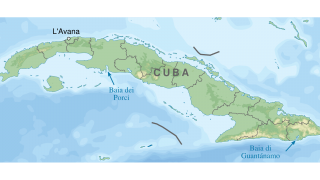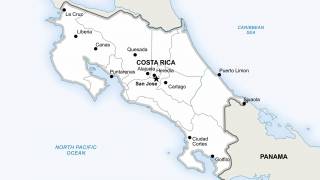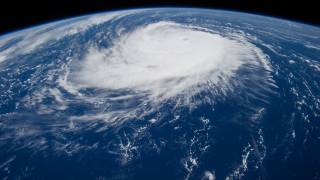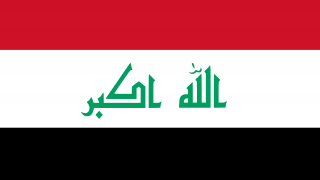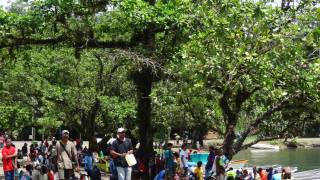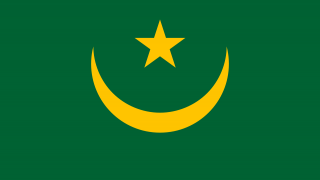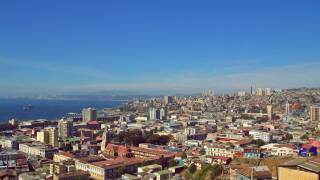Central Africa Country’s Travel Advisory Expanded
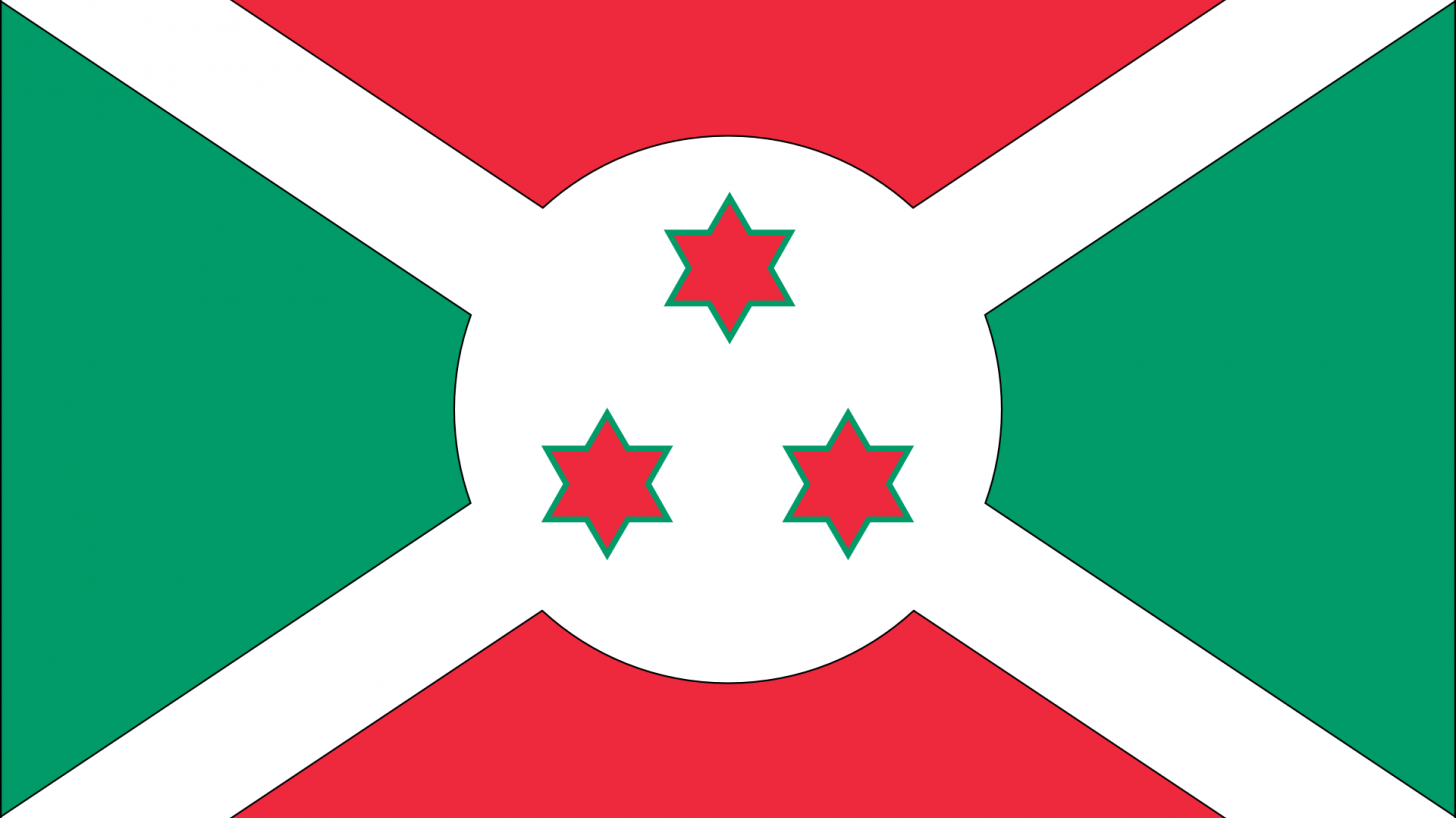
The US Department of State announced it has expanded the Level 3 Travel Advisory for the Republic of Burundi related to new developments in health issues and civil matters.
This ‘Exercise a High Degree of Caution’ Travel Advisory was published on January 21, 2020, highlighting the medical services available in Burundi fall well below U.S. standards. And, emergency medical services are limited or non-existent in some areas of the country.
Furthermore, the central Africa country of Burundi is confronting measles, yellow fever, and malaria outbreaks. Burundi is located near the ongoing Ebola outbreak in Africa but has not reported any local cases.
To better inform international travelers to their specific health risks, the US Centers for Disease Control and Prevention (CDC) also updated a Level 1 Travel Notice regarding Burundi’s malaria and measles virus outbreaks on January 3, 2020.
Malaria is a disease caused by a parasite that spreads to humans through the bite of an infected mosquito. It should be considered a medical emergency and appropriate treatment cannot be delayed, says the CDC.
The Burundi Ministry of Health has reported nearly 6 million cases (50% of the total pop.), and about 1,800 related fatalities, since January 2019.
To prevent malaria, there are prescription medicines available.
But, the resistance to chloroquine (one of the drugs used to prevent malaria) is high in Burundi, so travelers should use daily atovaquone-proguanil, daily doxycycline, or weekly mefloquine to prevent malaria.
Because the drugs used to prevent malaria are not 100% effective, Burundi visitors should also take steps to prevent mosquito bites by using insect repellent and wearing protective clothing when outdoors.
Furthermore, regarding Burundi’s yellow fever vaccination requirement prior to arrival, a report published in The Lancet on July 20, 2019, says it is possible to obtain a government-issued Yellow Fever vaccination certificate in Africa, without actually getting the Stamaril vaccine.
The Stamaril vaccine is considered investigational by the CDC and is not an FDA-licensed product. But, Stamaril is available in a few locations in the USA.
From a security risk perspective, the State Department says ‘the U.S. government has limited ability to provide emergency services to U.S. citizens throughout Burundi. U.S. Embassy personnel are subject to restrictions when traveling in certain areas of Burundi and may be subject to other constraints as security conditions warrant.
These restrictions include limitations on travel outside of Bujumbura during hours of darkness and prior approval is required when traveling to the Bujumbura neighborhoods of Buyenzi, Bwiza, Cibitoke, Gasenyi, Kamenge, Kinama, Musaga, Mutakura, and Ngagara.
Moreover, the U.S. government is unable to provide emergency services to U.S. citizens in the following areas: the provinces of Bubanza and Cibitoke, Kibira National Park (including the park’s southernmost part in Muramvya province), and Ruvubu and Buriri Forest.
US Embassy personnel are also prohibited from transiting through Kibira National Park to reach Kayanza via the RN-10. The U.S. Embassy in Burundi is located in Bujumbura, at Avenue Des Etats-Unis, and the email is [email protected].
If you decide to visit Burundi during 2020, the State Department suggests these actions:
- Bring a sufficient supply of over-the-counter and prescription medicines.
- Obtain comprehensive medical insurance that includes medical evacuation.
- Visit the State Department website for Travel to High-Risk Areas and avoid areas where there are large gatherings, protests, or demonstrations, and exercise caution in the vicinity of any such gatherings.
- Remain aware of your surroundings and be vigilant when traveling in unfamiliar areas or outside of cities and along border areas; take appropriate steps to enhance your personal security.
- Consider traveling in pairs and using convoys of multiple vehicles to mitigate the risks related to traveling outside of Bujumbura. Carry additional fuel, spare tires, and provisions. Include a satellite phone, map, navigation equipment, and first aid kit. Service stations are scarce in rural areas. Professional roadside assistance service is not available outside the capital.
- Enroll in the Smart Traveler Enrollment Program to receive Alerts and make it easier to locate you in an emergency.
- Prepare contingency plans for emergency situations, such as this Traveler’s Checklist.
Separately, both the Canadian and UK governments have issued similar travel advice when visiting Burundi.
This information means visitors to Burundi should ensure they have secured their travel medications and vaccinations from authorized providers.
Travel vaccination news published by Vax-Before-Travel.
Our Trust Standards: Medical Advisory Committee













